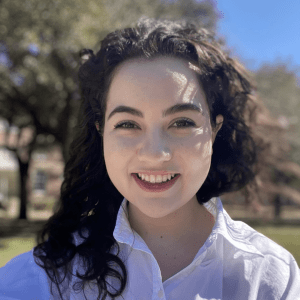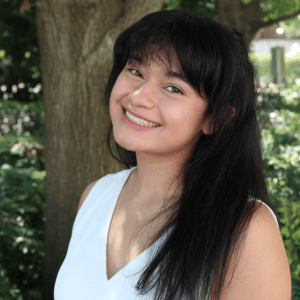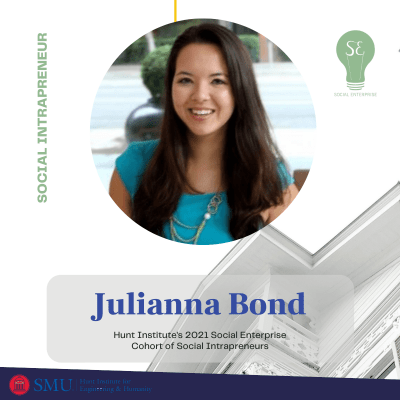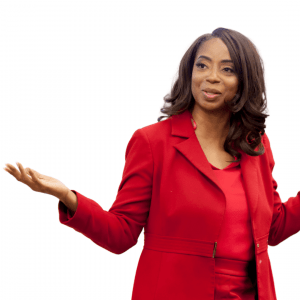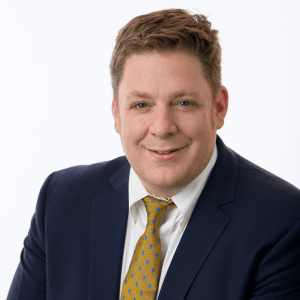A Collective Action Program for ImpactNights®
The Texas winter storm brought more than subfreezing temps to the state. The power outage left dozens of Texans dead, millions in the dark, and nearly 15 million with water issues. Damages from this storm may exceed the $125 billion in damages from Hurricane Harvey, potentially making it the costliest disaster in state history. Residential and commercial buildings account for 40% of US energy demand and for 74% of all electricity use. Energy efficiency retrofits can reduce consumption by as much as a one third to one-half and build resilience while reducing greenhouse gas emissions and create jobs. Supplementing energy efficiency with renewable energy can further enhance the impact.
So why isn’t more happening in this area and what can we do about it was the focus of this month’s sold-out ImpactNights® event with panelists Pharr Andrews (Senior Climate Coordinator as City of Dallas), Eva Csaky – Executive Director, Hunt Institute for Engineering & Humanity, Alan Hoffmann (Award-Winning Green Builder and President of Hoffmann Homes), Michael Martin (President of MM Solar Advisory), facilitated by Anna Clark, Co-Founder of the Inclusive Economy Consortium.
Clark opened the event with an introduction highlighting the timeliness of this topic; “something that I know matters very personally to all of us. Texas was in international news recently for a historic winter storm that left several dozen people dead and millions in the dark,” said Clark. “We are all here in an interest of preparing for the next [storm] or just being a little more comfortable in our homes.” Csaky set the stage for the discussion highlighting what is possible through international examples of successful energy efficiency efforts from the past 20 years. Panelists shared various ways in which we can advocate, collaborate, and raise awareness to find solutions to the critical issue of energy efficiency.
Andrews emphasized that “energy poverty is not only an economic and environmental issue, it is also a public health concern.” Hoffmann and Martin discussed not only the challenges we face with respect to the adoption of energy efficient solutions but also shared their recommendations for “low-hanging fruit” improvements to increase energy efficiency in our homes.
Martin summarized it perfectly when he reflected on the high level of interest in the event and the lively attendee participation in the discussion, concluding that “we need to keep discussions moving ahead to create positive change, and I will do my best to be a contributor to that”, a sentiment that many others who convened for the March ImpactNights® shared.
__________
ImpactNights™ is the physical manifestation of the Inclusive Economy Consortium where we connect, share, and act. This event is about like-minded people coming together to share experiences and knowledge from the local, national, and international community within the Consortium to share their best practices and expertise. Monthly discussions are around pressing social issues facing our society. All of this is designed to get collective action for a more inclusive economy. Follow us on Eventbrite to be the first to know when event details are published so you can register to join the conversation.
This event is generously sponsored by Target Corporation and hosted by the Inclusive Economy Consortium, an initiative of Hunter & Stephanie Hunt Institute for Engineering & Humanity located in Lyle School of Engineering at Southern Methodist University.
Join us next time to be a part of the conversation to CONNECT – SHARE – ACT!
To read more about the Hunt Institute’s work to develop future-focused solutions to some of the world’s biggest problems, please click here. For the latest news on the Hunt Institute, follow our social media accounts on LinkedIn, Facebook, and Instagram. We invite you to listen to our Podcast called Sages & Seekers. If you are considering engaging with the institute, you can donate, or sign-up for our newsletter by emailing huntinstitute@smu.edu.







